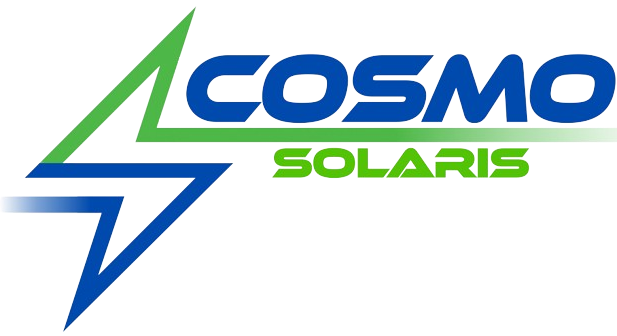How to safely clean solar panels on the roof?
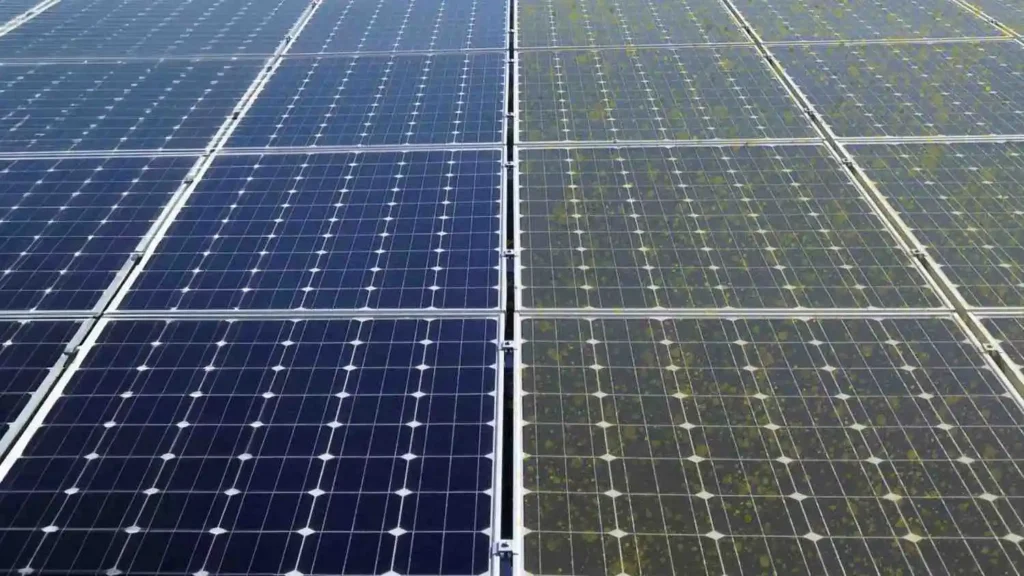
Solar energy is a smart choice — it cuts your carbon footprint and saves you money. But like any equipment, solar panels face the wear and tear of the outdoors. Over time, bird droppings, pollen, dirt, and dust can accumulate on the surface of your panels. But guess what?
Dirt and dust can significantly reduce the amount of energy your panels produce. Even minor dirt buildup can lower your system’s efficiency. Regular cleaning ensures maximum energy production and helps you save more. It may seem easy to clean solar panels, but a wrong step could damage your system. You don’t need fancy tools or professional equipment to keep your panels in great shape. With just a few precautions and the right method, you can improve your solar system’s performance and protect your investment. But before you grab a ladder and start scrubbing, it’s important to remember: rooftop work can be risky. Prioritize safety at all times.
How to Know It’s Time to Clean Your Solar Panels?
Low Energy Output: If you notice your solar system is producing less power than usual, dirt buildup might be the cause.
Visible Dirt or Debris: Bird droppings, dust, leaves, or even pollen stuck on your panels? That’s a clear sign it’s time for a wash.
Dull or Hazy Appearance: Clean panels have a shiny, glassy look. If they appear dusty or grimy, they’re not capturing sunlight efficiently.
Many monitoring apps let you track your panel output — a sudden dip without weather changes could mean it’s time for maintenance.
How Often Should You Clean?
There’s no one-size-fits-all answer. It depends on where you live and your environment:
Twice-a-Year Rule: Schedule a professional cleaning or a thorough DIY clean every 6 months — ideally in the spring and fall.
Dusty or Dry Areas: Live near deserts or construction zones? You may need a cleaning every 2 to 3 months.
Rainy Climates: Rain can help rinse panels naturally, but a full inspection and cleaning every 6–12 months is still a good idea.
Near Trees or Birds: If trees surround your home or birds are frequent visitors, check and clean your panels more often, even monthly.
After heavy storms, wildfires, or pollen-heavy seasons, always inspect your panels. Debris from these events can cause unexpected performance drops.
Smart Tips to Make Your Solar Panels Shine
To increase the efficiency of solar panels, you should know how to keep them clean. Here’s how to do it the smart way.
Precautions Before Getting on the Roof
Keep an eye on the condition of your roof. Do you know what can be extremely dangerous?
Wet, sloped, or damaged surfaces.
It is not safe to clean in the rain, wind, or extreme heat. So, choose a cool, dry day to clean your solar panels.
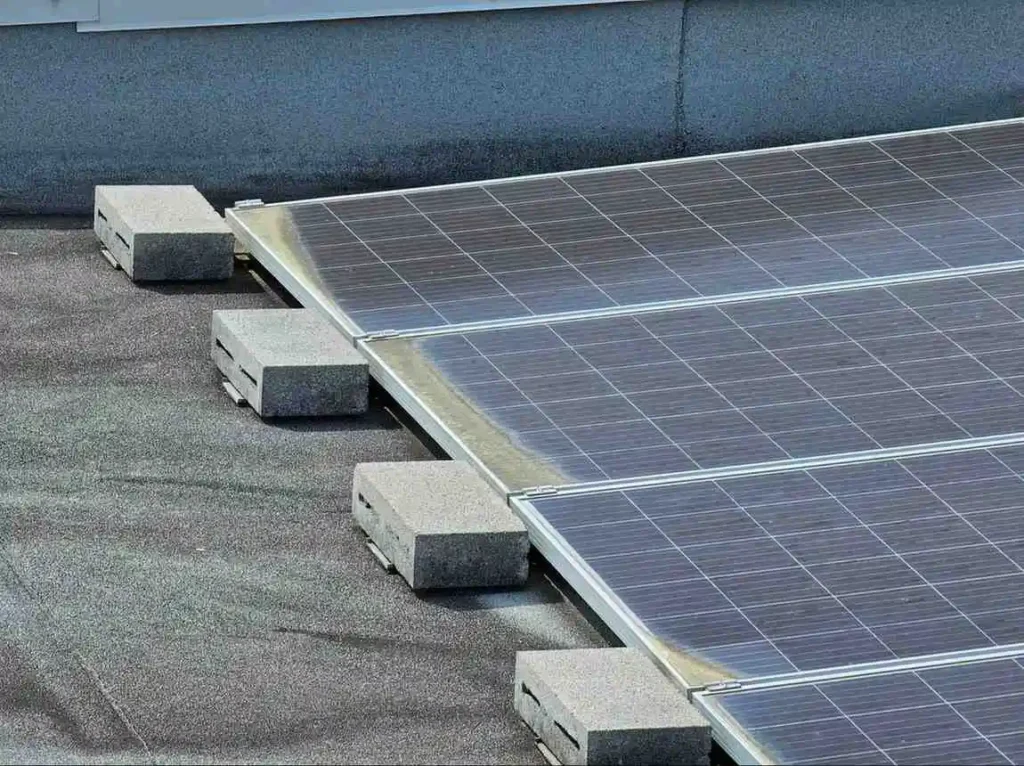
Avoid working on a roof alone. Make sure to accompany someone with you. You need a stable ladder, set it on firm ground, and lock it into place. If you’re not comfortable with heights or unsure about roof conditions, don’t risk it and contact the best solar company in Virginia, VA.
Tools and Materials Needed
The right equipment makes the job easier — and protects your panels from damage. Here are some essentials on the list:
Soft Brush or Squeegee with Extension Pole
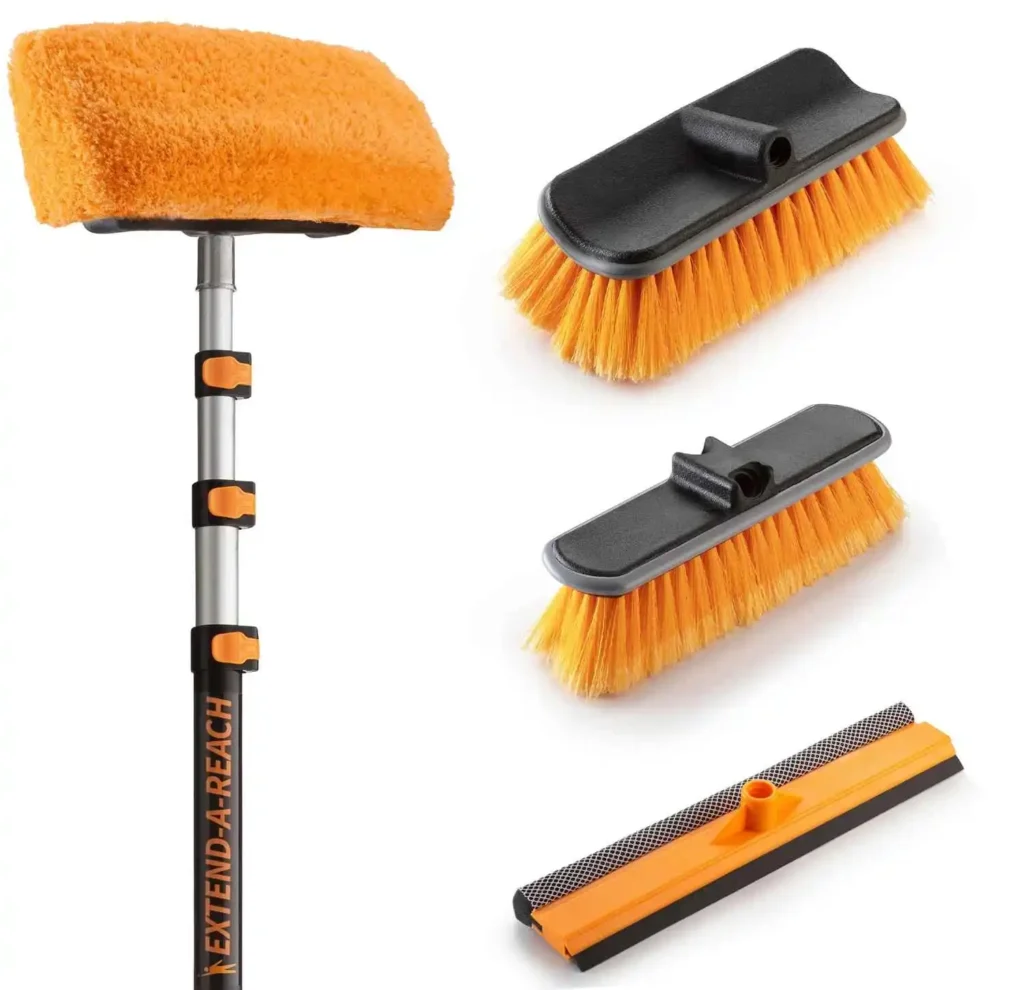
These can gently remove dust, dirt, and debris without scratching the surface. An extension pole helps you reach panels without having to step on the roof.
Mild Soap or Panel-Specific Cleaner
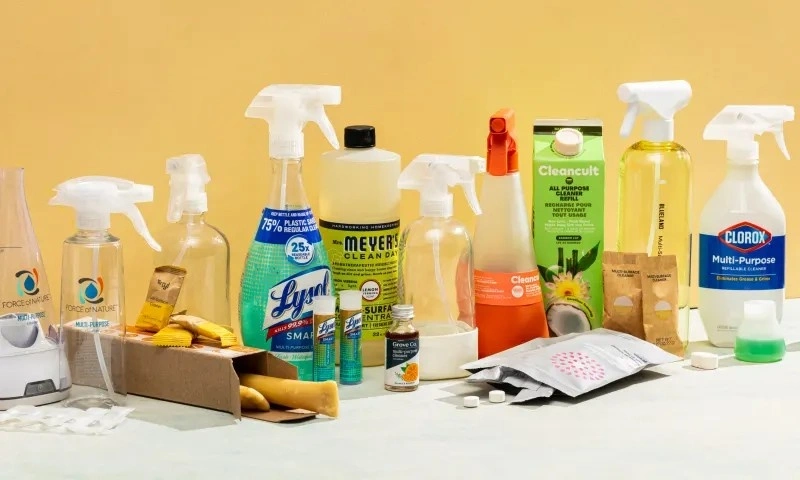
Use a gentle, non-abrasive soap or a cleaner specially made for solar panels. Harsh chemicals can damage the glass coating. It’s better to consult a solar energy company if you’re unsure about cleaners.
Hose with Gentle Spray Nozzle
Rinse panels lightly with clean water. A soft spray is enough. Don’t use pressure washers as they can crack or damage the panels.
Optional items for a deeper clean
Water-Fed Pole System
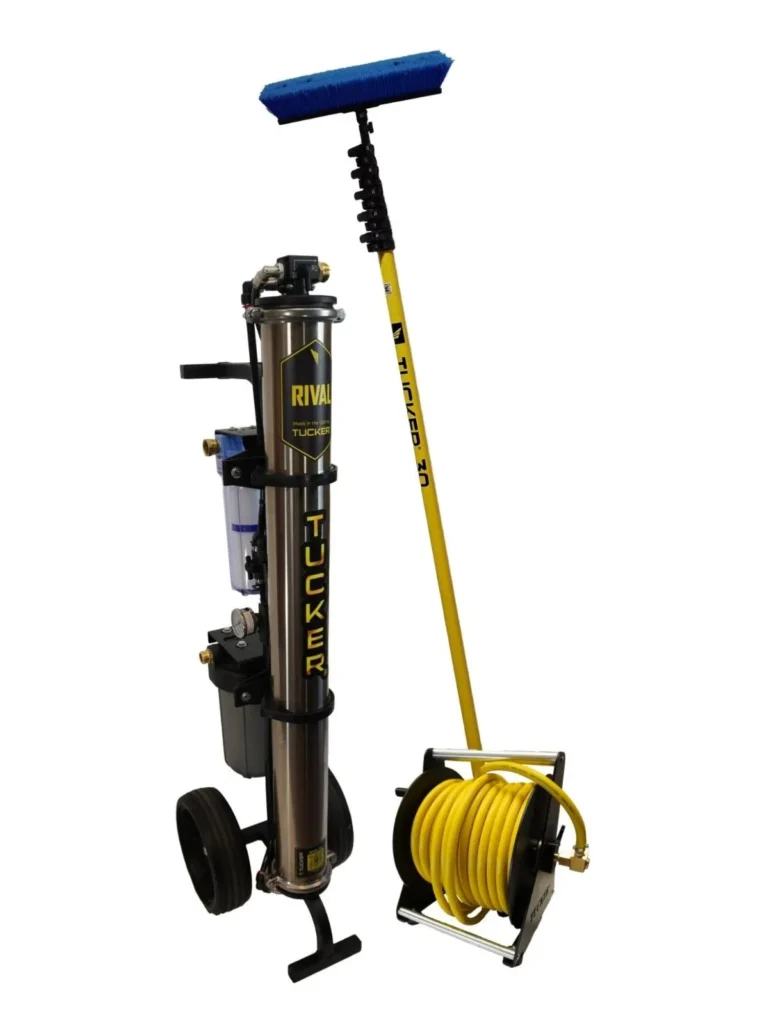
A water-fed brush system makes it easier to clean without climbing onto the roof. Great for hard-to-reach setups.
Deionized Water:
Using deionized water prevents mineral spots and streaks, leaving your panels crystal clear and spotless.
Always avoid using abrasive sponges, harsh chemicals, or strong jets of water — they can shorten the life of your solar panels.
Recommended Gear
Do you have a safety harness? If not, arrange it. A full-body harness with a secure anchor point can prevent dangerous falls. Wear non-slip shoes with a good grip to avoid slipping, especially if the panels or roof are slightly wet.
Use gloves to protect your hands from sharp edges, dirt, and cleaning chemicals.
Use a soft sponge, a squeegee, or a non-abrasive cloth to avoid scratching your panels.
Strong chemicals can damage the glass surface; stick with gentle cleaners.
Easy Steps of Cleaning Process
Ready to clean your solar panels? Here’s a simple, step-by-step guide to help you:
- Before you start cleaning, turn off your solar system. It is essential for safety. Check the manufacturer’s manual for the correct shutdown procedure.
- Now use a dry, soft-bristled brush or broom to gently sweep away leaves, dust, and other loose debris from the surface.
- Use a garden hose with a gentle spray to rinse the panels. Don’t use high-pressure washers because they can damage the surface.
- Mix mild soap with water or use a panel-specific cleaner. Never use harsh chemicals, which can corrode the glass.
- You need a soft sponge or non-abrasive cloth to lightly scrub any spots or buildup. Be gentle and don’t scratch the surface because it can reduce efficiency.
- Use clean water to wash away all soap residue for a streak-free finish.
- Once you are done, allow panels to air-dry naturally, or wipe with a soft microfiber cloth to avoid water spots.
Always clean in the early morning or late afternoon to avoid water drying too quickly under direct sunlight.
Think it’s Risky? Call Professionals
Are you uncomfortable with climbing on the roof? You’re not alone. It is dangerous to clean solar panels if you are not comfortable with heights.
Do you know what can increase the risks?
Slippery surfaces, steep angles, and delicate panels all increase the risk of accidents or costly damage.
What to do in this situation? Call professionals.
Cosmo Solaris has a team of professional cleaners who have the proper equipment and experience to handle hard-to-reach surfaces.
Our experts have specialized tools for tough spots. They know how to clean without causing damage, ensuring your warranty stays intact.
If you notice any damage, such as cracks or loose wiring, call a professional instead of DIY fixes.
Things to Avoid?
Cleaning is simple, but one wrong step can cause more harm than good — here’s what to steer clear of.
- A big no to abrasive materials or harsh chemicals.
Scrub brushes, steel wool, or strong cleaners can scratch or damage the glass surface. It will reduce the efficiency of panels over time.
- Use low-pressure hoses.
High-pressure water can crack panels, loosen wiring, or void your warranty.
- Avoid cleaning in extreme heat or direct sunlight.
Water can evaporate too quickly, leaving streaks or spots on the surface. For this reason, always clean during cooler times — early morning or late evening is best.
- Don’t stand directly on roof edges or panels.
Avoid walking on panels — not only is it dangerous, but it can crack the surface or damage internal wiring. For roof-mounted panels, you can hire a professional VA Solar company with the right gear.
- Don’t use untreated tap water.
If you live in an area with hard water, the minerals in tap water can leave behind cloudy spots after drying. So, how do you solve this issue? Simple, use deionized or distilled water if possible for a spotless finish.
Always consult your solar panel manual. Some brands have specific cleaning instructions, and if you don’t follow them, it could void your panel’s warranty.
Solar Panel Cleaning & Maintenance FAQs for Virginia Homeowners
Do I need to clean my solar panels in Virginia?
Regular rainfall in Virginia can be sufficient for cleaning solar panels. However, if you notice a significant drop in energy production or visible debris on the panels, it might be time for a cleaning.
How often should I clean my solar panels?
For most residential systems, cleaning once or twice a year is adequate. However, if your panels are near sources of dust, pollen, or bird activity, you may need to clean them more frequently.
Can I clean the panels myself?
Yes, you can do it if you have correct tools and methods to avoid damage. Use a soft brush and mild detergent, avoid harsh chemicals and pressure washers.
How much does professional cleaning cost?
Will cleaning improve my system's efficiency?
Yes, removing dirt and debris can enhance sunlight absorption, potentially improving energy output by up to 12%.
Do I need to remove snow from my panels in winter?
In Virginia, snowfall is typically light and infrequent. Snow usually melts quickly without significantly impacting energy production, so manual removal is generally unnecessary.
Do I need bird deterrents?
Birds nesting under panels can damage wiring and reduce airflow. If you are dealing with this situation, you need mesh guards or humane deterrents. These can prevent costly repairs down the line.
Over to You
So, are you ready to increase the efficiency of your solar panels?
This guide can help you keep your panels in good shape. Keep in mind:
- You need gentle tools and techniques for cleaning.
- Avoid harsh cleaners, pressure washers, and peak sun hours.
- Monitor your system and schedule annual checkups.
- Call in the best solar company in Virginia, VA, if the job feels risky or out of reach.
With just a little attention and care, your solar panels will continue to deliver clean, efficient energy for years to come. When in doubt, always put safety first — and don’t hesitate to bring in our experts.
Even if everything seems fine, it’s a good idea to have a professional check your system once a year. They’ll catch issues early, clean panels safely, and make sure everything is working efficiently.
